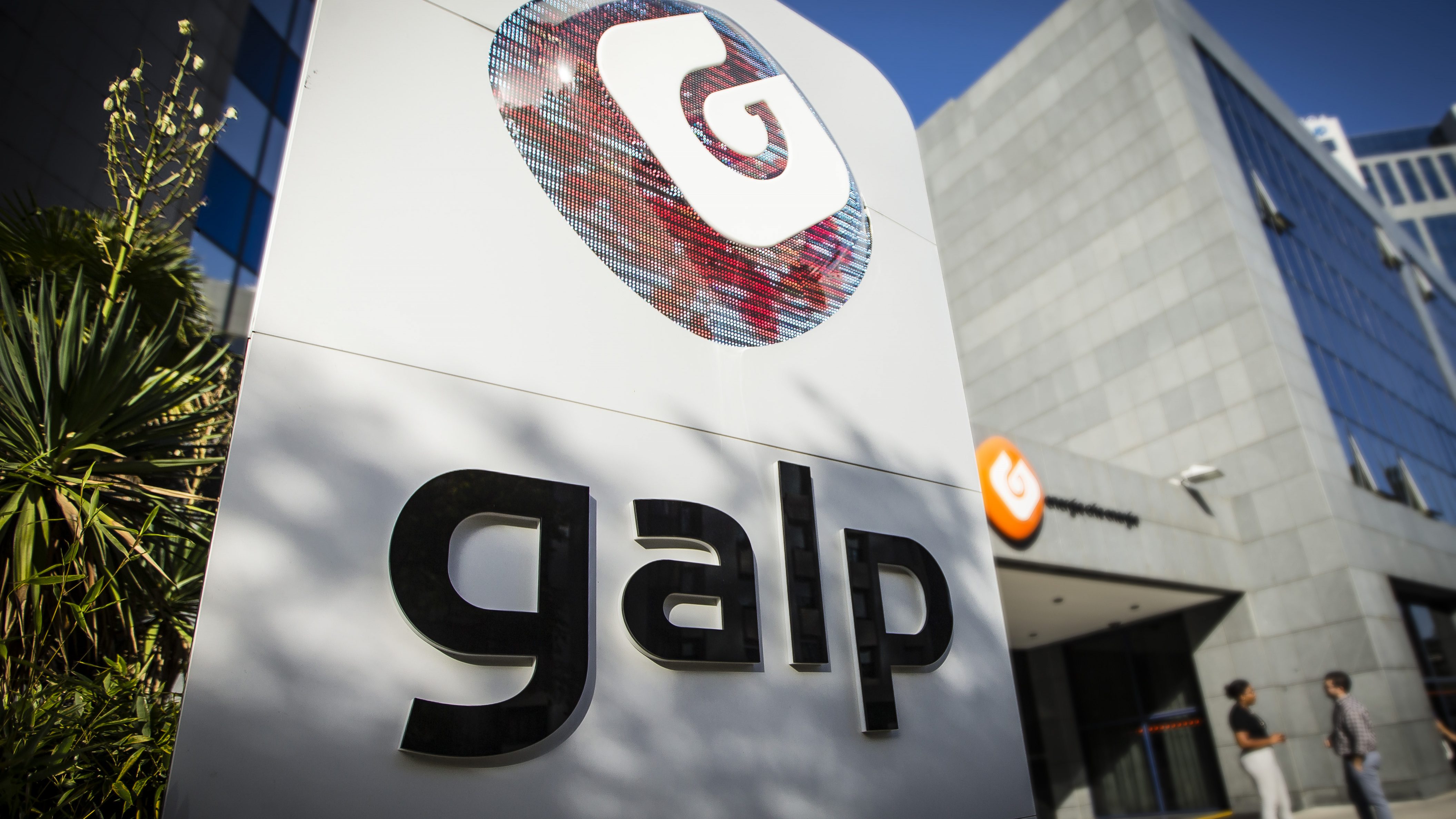Galp Energy’s average oil production up 21% in Q4 2019 YoY
The company's oil production grew to 135,000 barrels per day, according to the company's preliminary data.
Galp Energy’s average oil production grew 21% in the fourth quarter of 2019 compared to the same period in 2018, to 135,000 barrels per day, according to the company’s preliminary data released on Tuesday.
In the information sent to the Securities Market Commission (CMVM), the company stresses that the available data are preliminary figures and that all information is subject to change and may differ from the results to be published on February 18th.
The average production in the “working interest” indicator – the gross production of raw materials, mainly oil, which includes all costs arising from operations – also grew by 21% compared to the same period last year, standing at 136,900 barrels per day.
Preliminary data for the fourth quarter of the year show a 50% growth in oil production in Angola compared with the same period last year, rising from 8,900 barrels/day (4th quarter 2018) to 13,300 barrels/day. The company stresses that production in Angola “continued to benefit from the ramp-up of units operating in Block 32.”
In Brazil, production also rose in the fourth quarter of 2019 compared with the same period of the previous year, increasing 18% from 102,900 barrels/day to 121,800 barrels/day.
In the area of refining and distribution, Galp recorded a year-on-year increase of 38% in raw materials processed and 29% compared with the previous quarter. The company explains that “comparable periods were impacted by planned maintenance work and operational restrictions.”
In the opposite direction, refining margins in the 4th quarter of last year fell by 24% compared with the same period of the previous year.
Total sales of natural or liquefied gas rose 16% year-on-year and sales to direct customers grew 4%.
The company justifies the increase in total LNG sales mainly with the increase in “network trading sales”, but also with the growth in sales to direct clients, “mainly to the industrial segment.”

